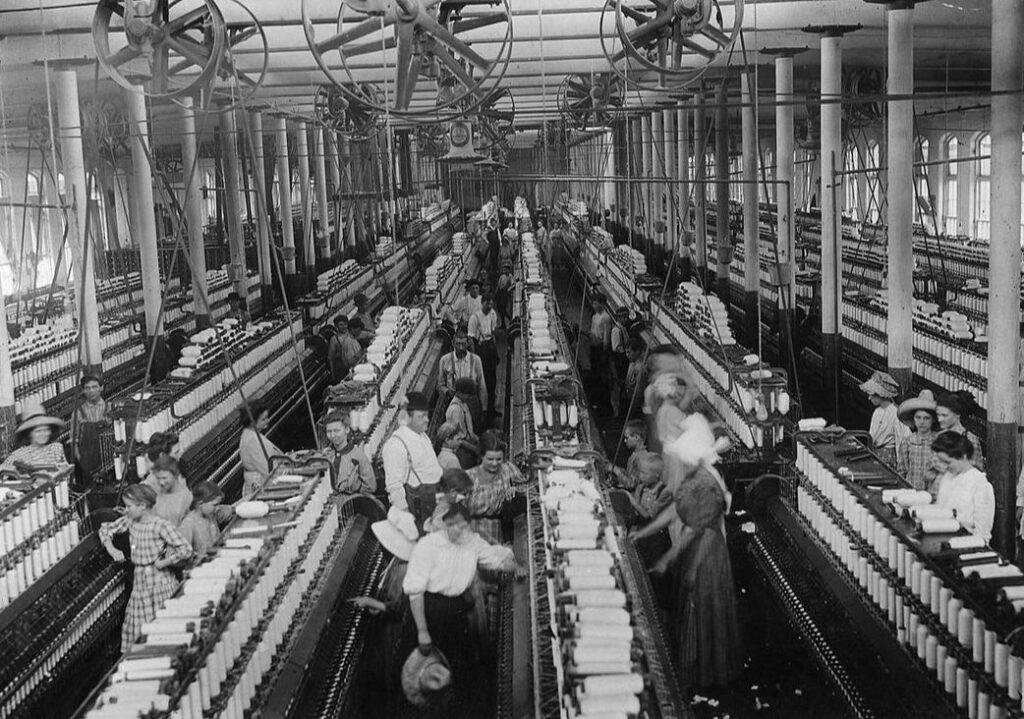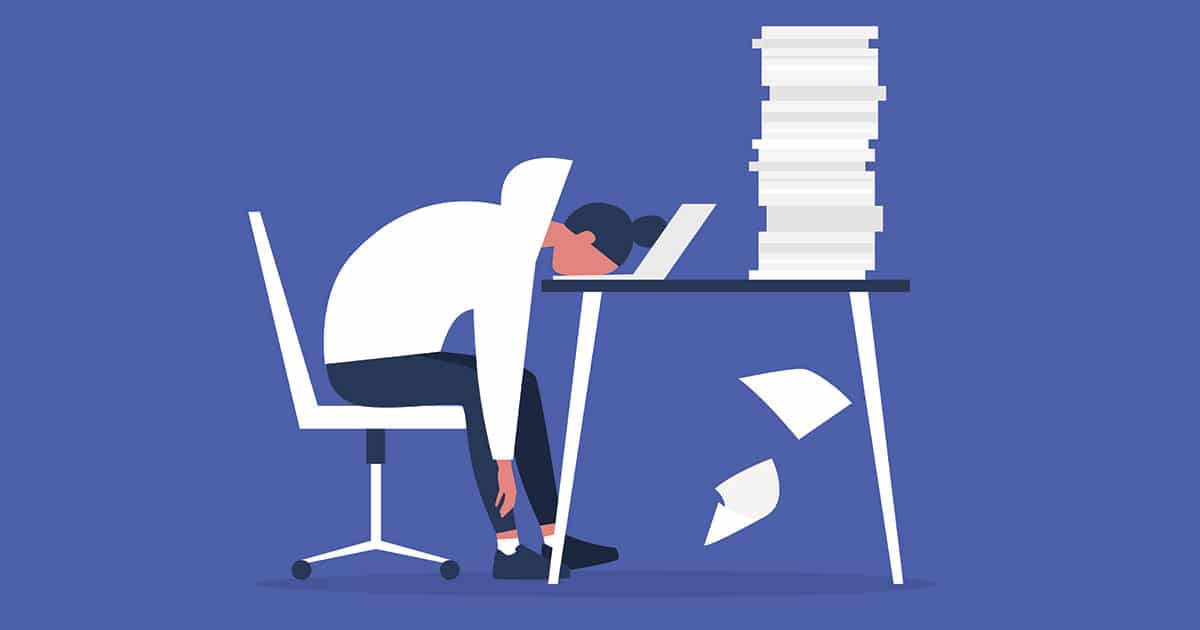By Ilias Siakaras,
Since the 1960s, “working conditions” have been a research subject and a focus of public intervention in the main industrialized countries, and it is now a multidisciplinary area of public and academic concern. It is a fact, that as a topic of concern for research and social trading emerged after May ’68, when differing claims emerged, which will define nowadays labor: quality of life, reduction of labor time, reconciliation business, and democracy.
Also related but with different content, the term “working condition” refers to the employment status and the characteristics of the employment contract; this means that it is being associated with law, while a relation that a lot of employers take advantage of, in order to dismiss people from their job and to create a state of flux in the working conditions. The emergence of the problem of unemployment at times was consequently reducing the political and social interest in quality characteristics of the work. However, in the modern world, the “intensification” of every job seems to be a central theme in the problem of the circumstances.
It would be difficult to broach up this matter, without integrating it into a historical context; below the working conditions of the Industrial Revolution are being referred, so as to highlight the differences with today’s working reality, along with how much it diverges from the past. Undoubtedly, this revolution was a deciding factor for determining people’s limits against the exploitation they have faced all these years.
- Women and children were paid less than half as much as males, yet they had to work for the same amount of time. The majority of workers worked between 12 and 16 hours each day, six days a week, with no paid vacation or holidays.
- There were no unions to represent employees, and the Combination Acts made it illegal to organize or agitate for improved working conditions throughout the Industrial Revolution.
- There were safety concerns everywhere; machines lacked protective coverings or fences, and children, as young as five years old, operated them. Every day, ironworkers toiled in temperatures of 130 degrees or greater. Workplace accidents were a common occurrence.
- People did not get many breaks; on average, they only got one hour off every day.
- Factories were filthy, dusty, and gloomy, with the sole source of light coming in through a few windows. There was smoke everywhere since the devices were running on steam from fires. Many people had eye and lung illnesses, as a result of their experiences.

In addition to the aforementioned thoughts, it would be beneficial to point out traits and characteristics about the demand of a modern worker and the workplace, in order to clarify the differences and common elements of the working environment and everything that surrounds it:
- Minimum wages established by the law, which are sufficient for the daily bread
- Flexible schedule
- Telecommuting
- Ability to “adapt” to job’s needs, such as traveling abroad
- Factories ought to meet some international standards about health and safety conditions.
From what has been expressed above, we have to consider that workers in the past needed the salary mainly for self-survival and nutrition, and this motive does not obstruct them from hardships and the whole physical pain they were facing in the factories or in the sector of agriculture.
On the contrary, modern workers chiefly suffer from burn-out is a syndrome described as resulting from chronic workplace stress, that has not been successfully managed, and it encompasses feelings of energy depletion or exhaustion and increased mental distance from one’s job and feelings, such as negativism and cynicism related to one’s job.
References
- Working conditions, eurofound.europa.eu, Available here
- Working environment, unison.org.uk, Available here
- 15 Poor Working Conditions Affecting Employee Productivity, packagex.io, Available here
- Addressing wages and working conditions, worker.gov, Available here




